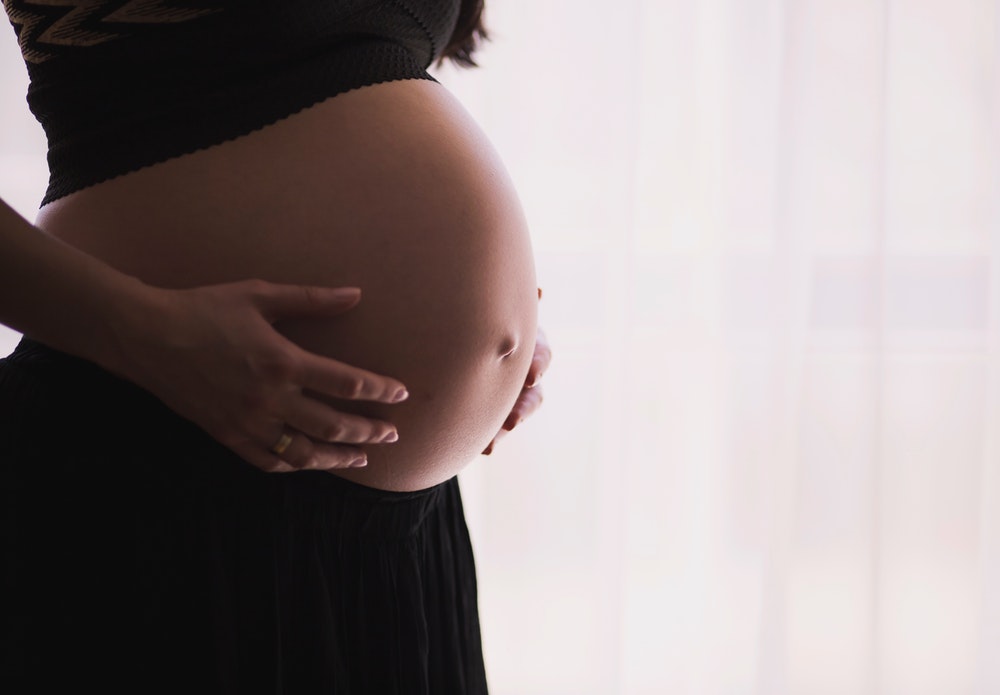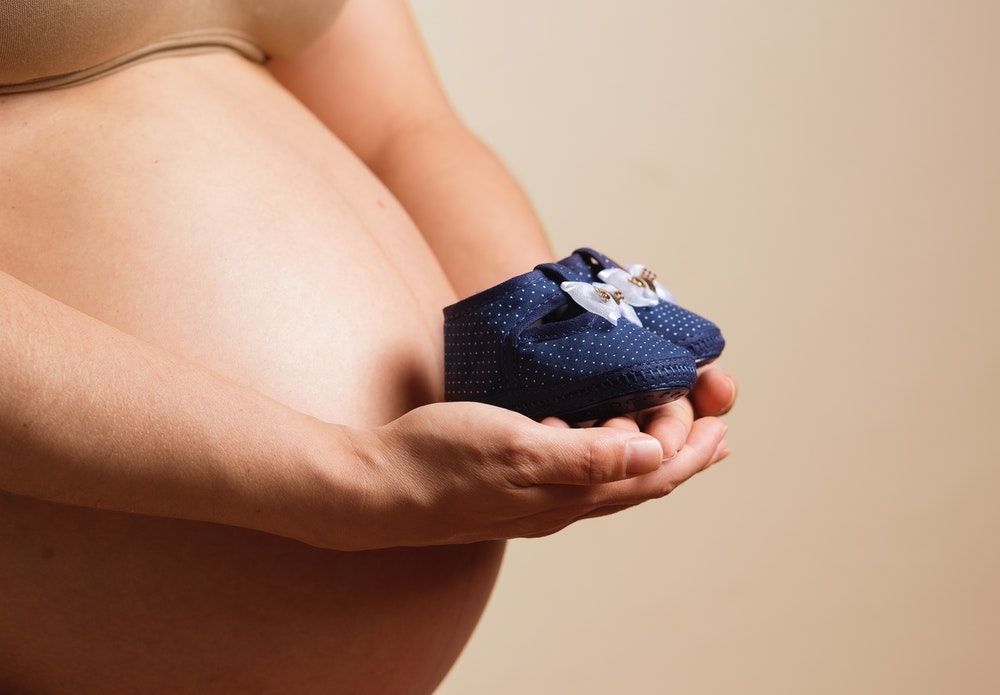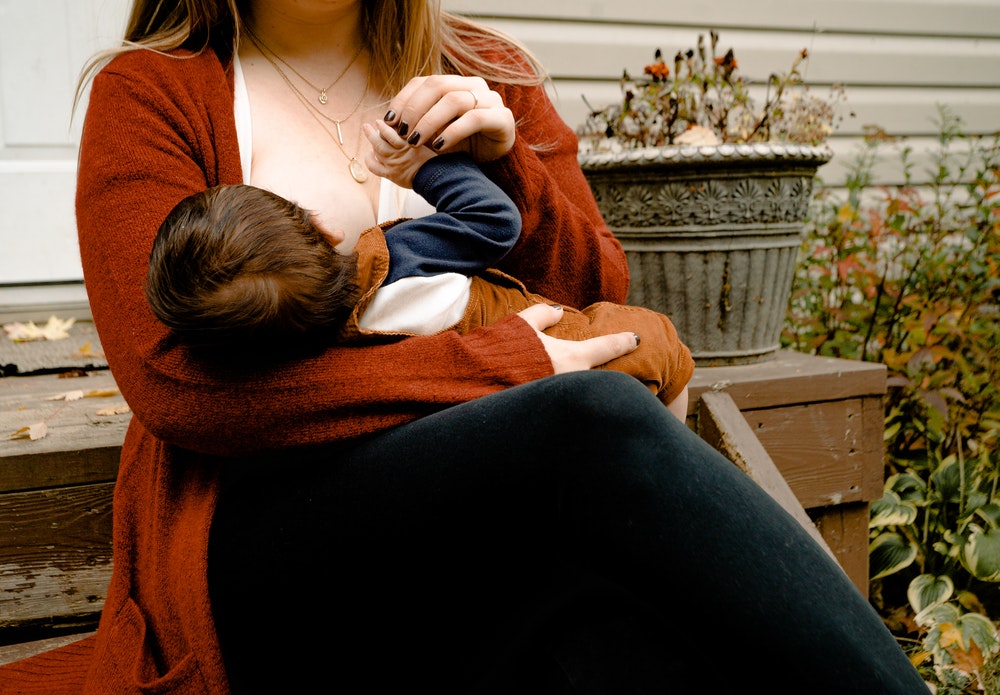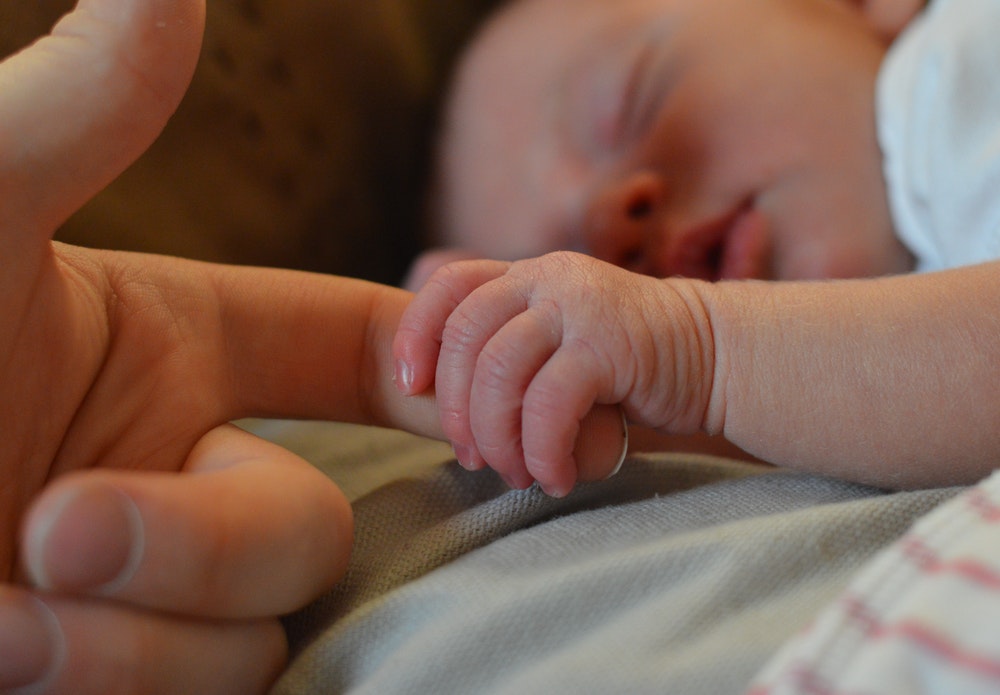As the COVID-19 pandemic continues, here are some more facts you'd need to know if you're expecting during this time.
COVID-19, which has plagued the globe poses a major health risk to everyone. In particular, those with pre-existing conditions, elderly persons and pregnant women may be more susceptible to this virus.
Previously we had an article about what pregnant mothers need to know about COVID-19. This is a follow-up article including the recent development in the medical world. Additionally, we also have some suggestions on keeping yourself and your baby safe in this new normal.
Getting COVID-19

According to an article from independent and non-profit organisation NPR, the Centers for Disease Control and Prevention (CDC) in America published a study in June. The results indicated that pregnant women may be more likely to develop a severe case of COVID-19 compared to other women their age when they become infected with the virus. As such, they would likely need to be admitted to the hospital and require mechanical ventilation to help them breathe.
However, the chances of contracting the virus in the first place is equal for all women, pregnant or not. Both groups of women are also equally likely to recover from the virus, as mentioned in a blog post on Harvard Health blog post by obstetrician/gynaecologist Huma Farid and infectious disease specialist Babar Memon.
Maternofoetal COVID-19 infection

Recently, doctors in France published a case study that strongly suggests that a newborn baby caught the coronavirus before birth from his mother via the placenta. As reported by The Jakarta Post, 24 hours after birth, the baby suffered brain swelling and neurological symptoms linked to COVID-19 in adults. However, before the doctors decided on the treatment needed, the symptoms began to recede. Within three weeks, the newborn had almost fully recovered on his own.
A similar case happened in Italy, where 31 pregnant women infected with the SARS-CoV-2 coronavirus and two of the infants were born with the infection. Placenta samples were taken from these women in their third trimester, and the tests results were virus-positive. The women were recruited for the study in March and April 2020 from three hospitals in Northern Italy – one of the regions that was hit the hardest by the virus.

Even though there are cases of babies being infected with COVID-19, the risk of passing the infection to one is still very low. It is truly rare. In a question-and-answer blog post with Dr John Yam, an obstetrician and gynaecologist at Gleneagles Hospital, he says that no deaths have been reported amongst expecting mothers who contracted COVID-19. Additionally, it has not been shown to cause foetal abnormalities either.
However, he does warn that babies of mothers with COVID-19 could potentially have a lower birth weight and that there is also a higher chance of premature labour.
Breastfeeding

The World Health Organisation (WHO) also recommends that mothers with suspected or confirmed COVID-19 should be encouraged to initiate or continue breastfeeding.
In infants, the risk of COVID-19 infection is low, with infections typically being mild or asymptomatic. Meanwhile, the consequences of not breastfeeding and separation between mother and child can be significant. At this point, it appears that COVID-19 in infants and children present a much lower threat to survival and health than other infections that breastfeeding is protective against.
In fact, the benefits of breastfeeding and nurturing mother-infant interaction to prevent infection and promote health and development are especially important when health and other community services are themselves disrupted or limited.
Managing the Pregnancy
It is a known fact, at this point, that measures such as social distancing, wearing masks and washing your hands more often than usual work. Do continue to adhere to the measures strictly; after all, a healthy mummy means a healthy baby.
Prenatal Check-Ups
It is completely understandable that many expectant mothers are fearful of going for their medical appointments. Fortunately, in Singapore, our community spread is low, which means that with the necessary precautions that yourself, your loved ones and the hospitals take, the risk of you contracting the virus is low as well. Your gynaecologist would know best how to take care of you so do listen to their advice.
Hospital Bags
It’s always a good idea to make sure that you’ve packed everything you think you’ll want to have on hand during your labour and recovery. Depending on which hospital that you plan on going to for the birth, some don’t currently allow your support person to leave the delivery ward to fetch forgotten items, so be sure to check with them beforehand. To help you feel better postpartum, experts recommend bringing items from home that give you comfort.
Mental Health
Surveys done on expectant mothers on mental health show an increase in depression and anxiety because of the pandemic. Do speak to your gynaecologist if you are expecting and feel that your mental health isn’t the best. There is no shame in bringing it up; they are meant to be there to support you every step of the way and mental health is just as important as physical health.















